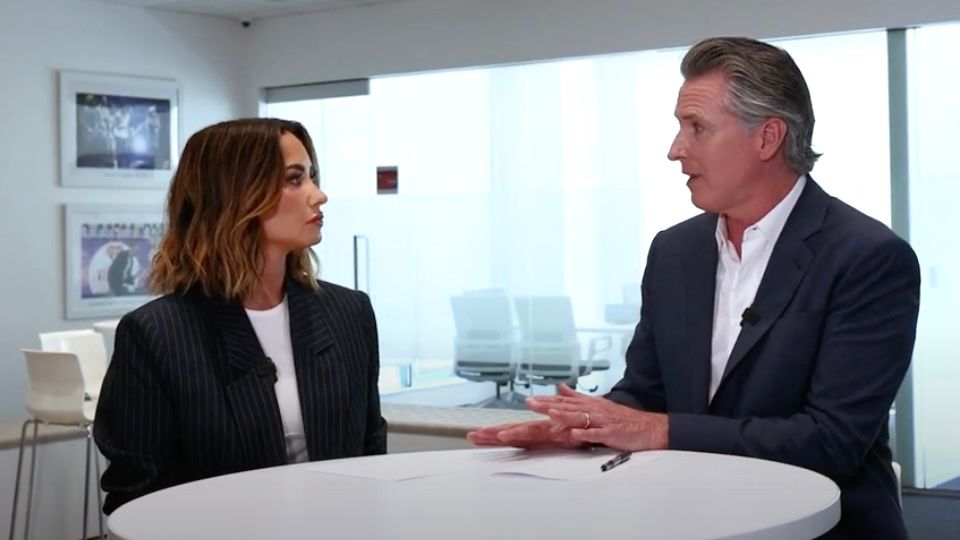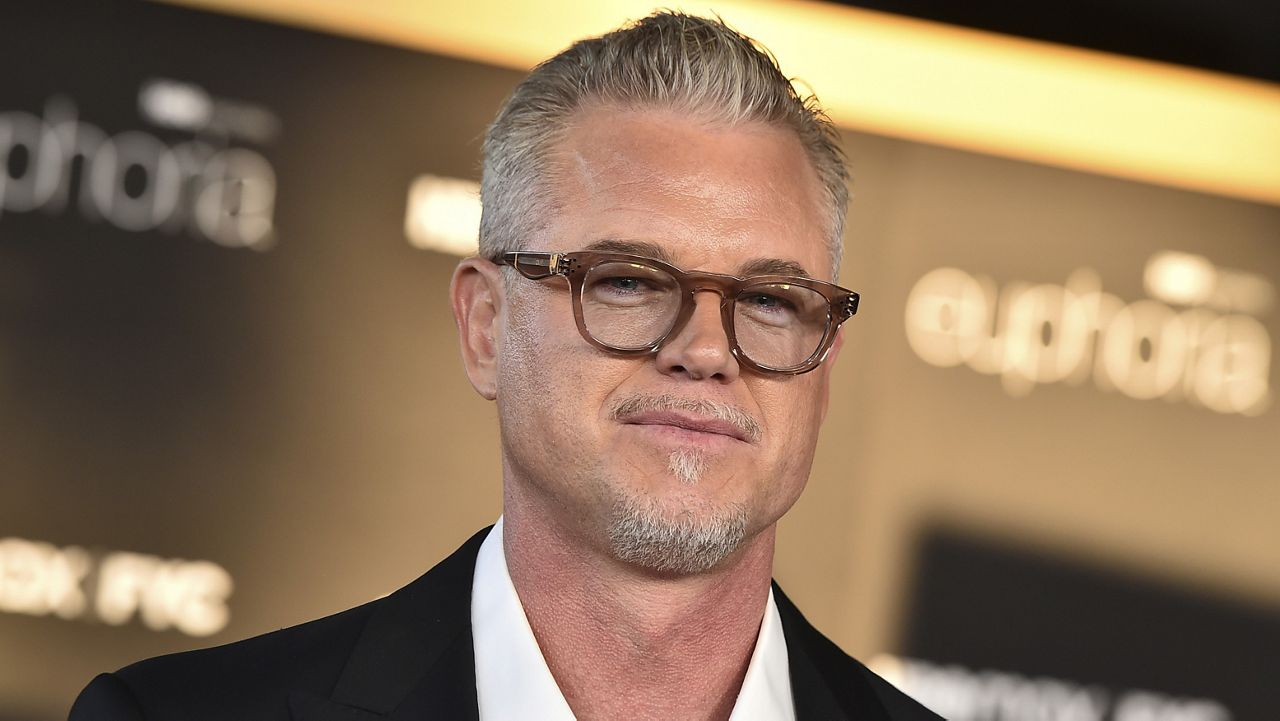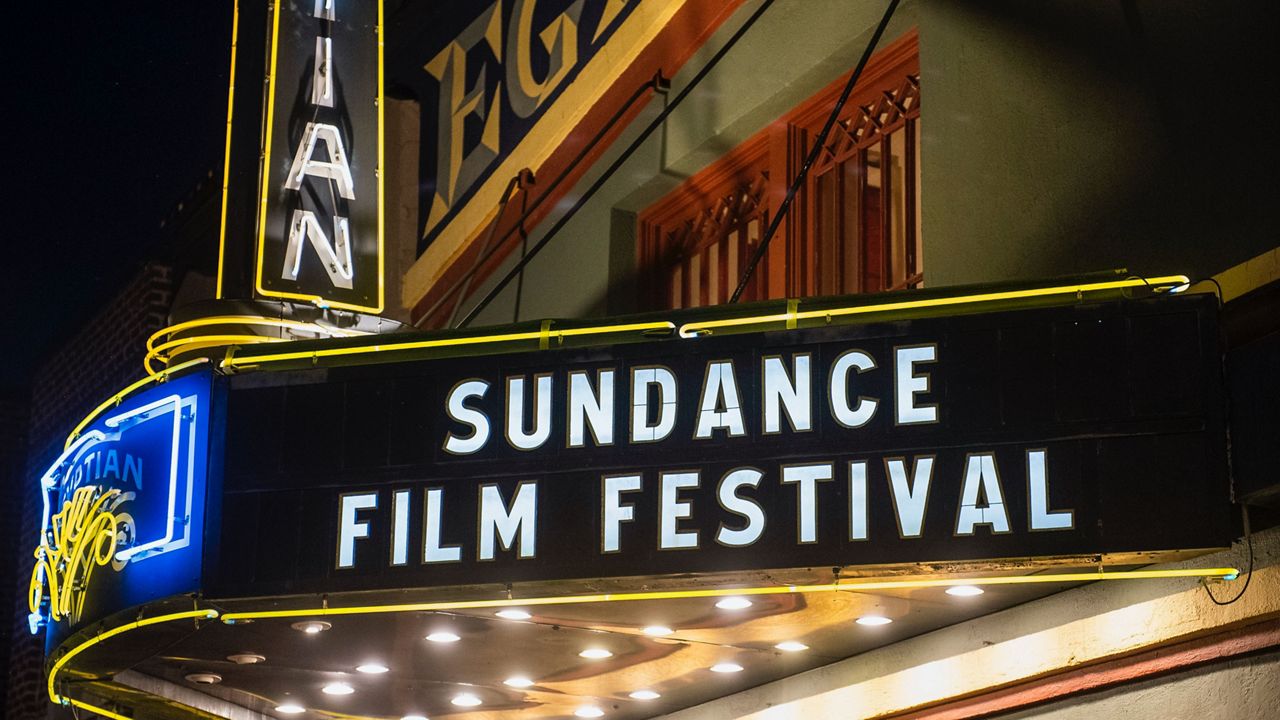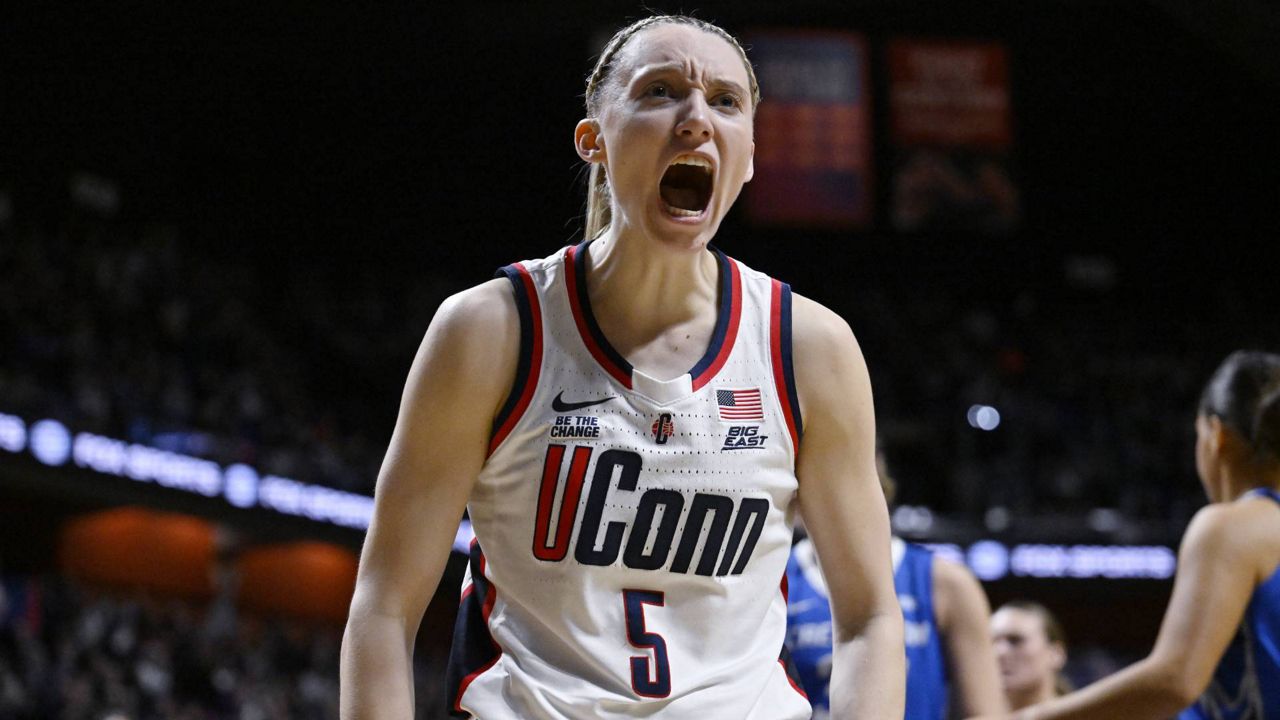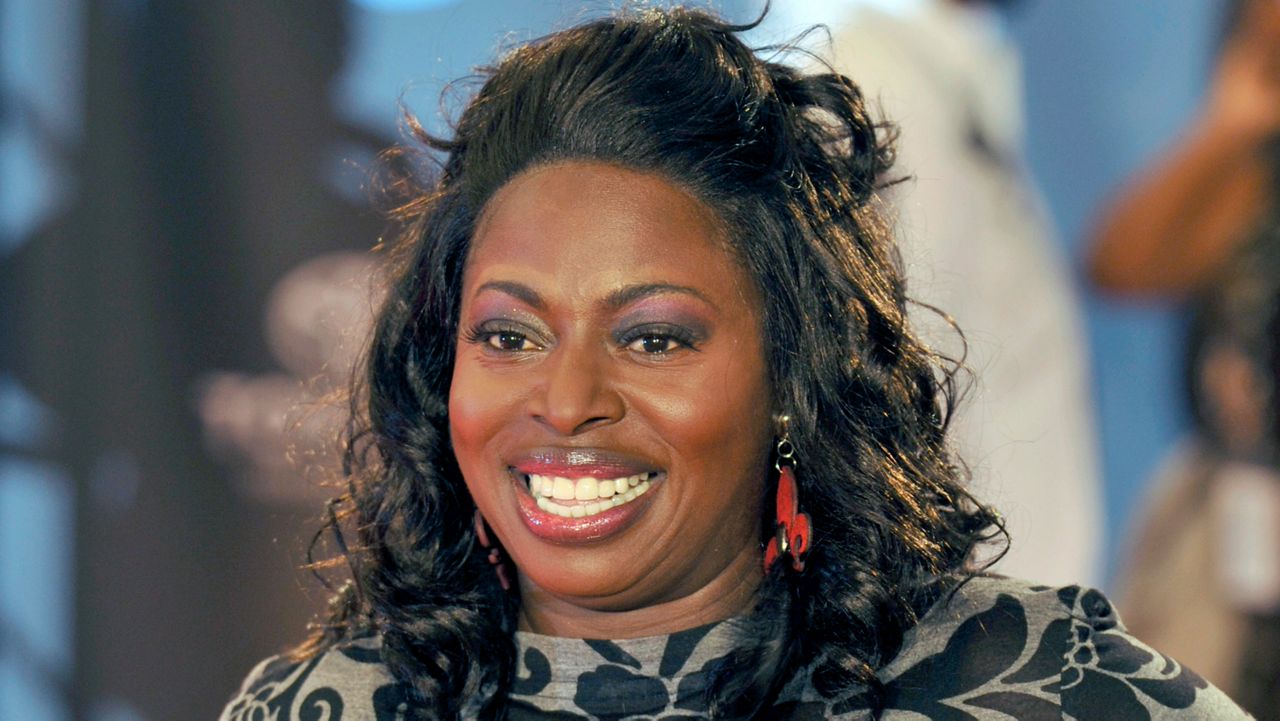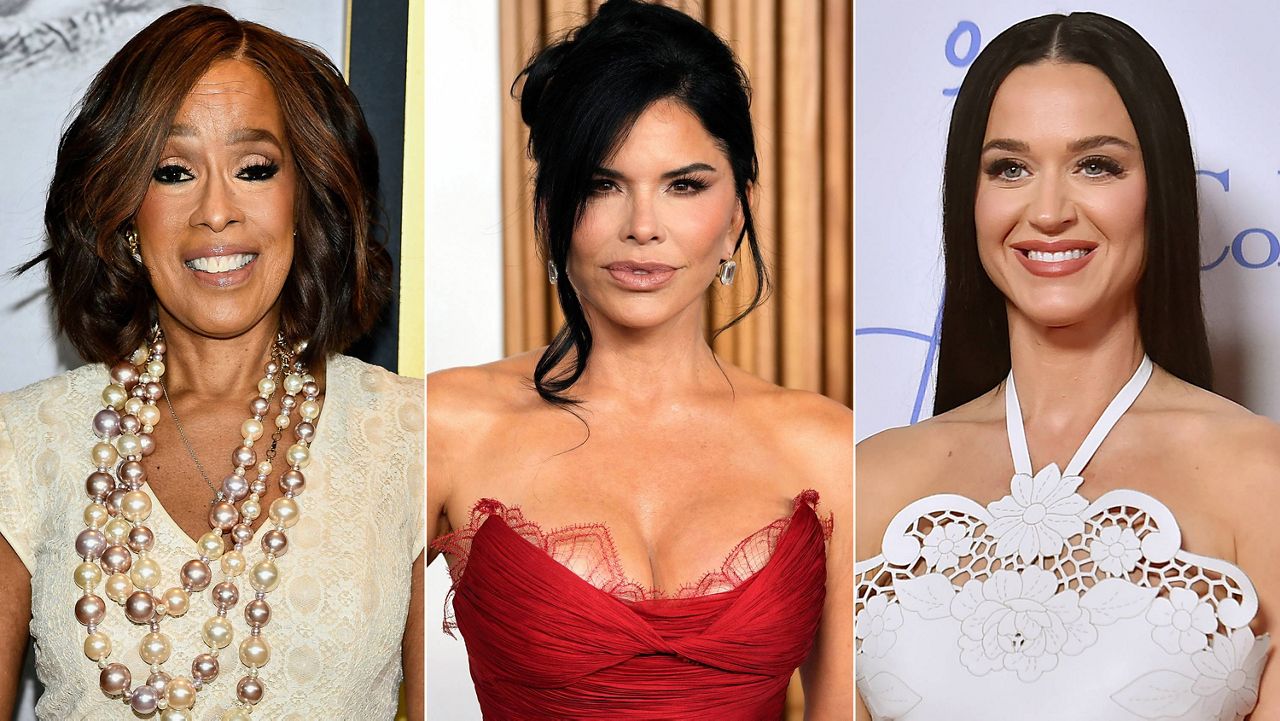LOS ANGELES — California Gov. Gavin Newsom signed two bills Thursday to protect child influencers’ financial security. The bills are designed to ensure that children and teens who appear in online content receive a percentage of their earnings as adults.
“In order to build a better future for the next generation of child stars, we need to put protections in place for minors working in the digital space,” singer and former child star Demi Lovato said in a statement.
Lovato, who was 10 when she first appeared on television, joined Newsom as he signed the legislation into law Thursday. The director of the documentary “Child Star,” which touched on the issue of parental financial abuse, was a supporter of both bills.
Now 32, Lovato praised the governor for ensuring “children featured on social media are granted agency when they come of age and are properly compensated for the use of their name and likeness.”
SB 764 mandates that the parent or guardian of a minor who is featured in monetized content online set aside a percentage of their earnings in a trust. AB 1800 expands the existing California Child Actor’s Bill, or Coogan’s Law, to include minors employed as online content creators for platforms including TikTok and YouTube.
On the books since 1939, Coogan's Law requires employers of child actors to set aside 15% of their earnings in a trust but hadn’t previously applied to child influencers on social media.
“We are grateful that protections now existing for child performers — protections we helped secure long ago — will be expanded to cover content creators and influencers,” Screen Actors Guild national executive director Duncan Crabtree-Ireland said in a statement. “Regardless of medium or platform, all child performers must be strongly protected.”
Child influencers often make millions of dollars annually from brand endorsements, but those who are under the age of 13 can’t run social media accounts on their own. They also aren’t allowed to open a bank account in many states until they are 17 years old. Their parent or guardian must manage them.
California is among a tiny handful of states with laws to ensure child vloggers are financially compensated.






